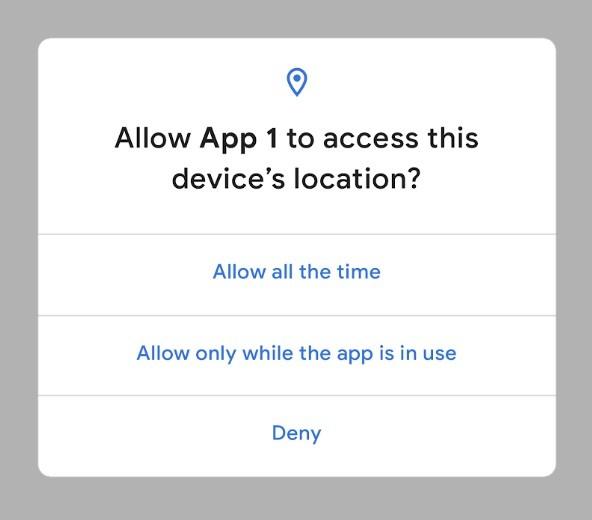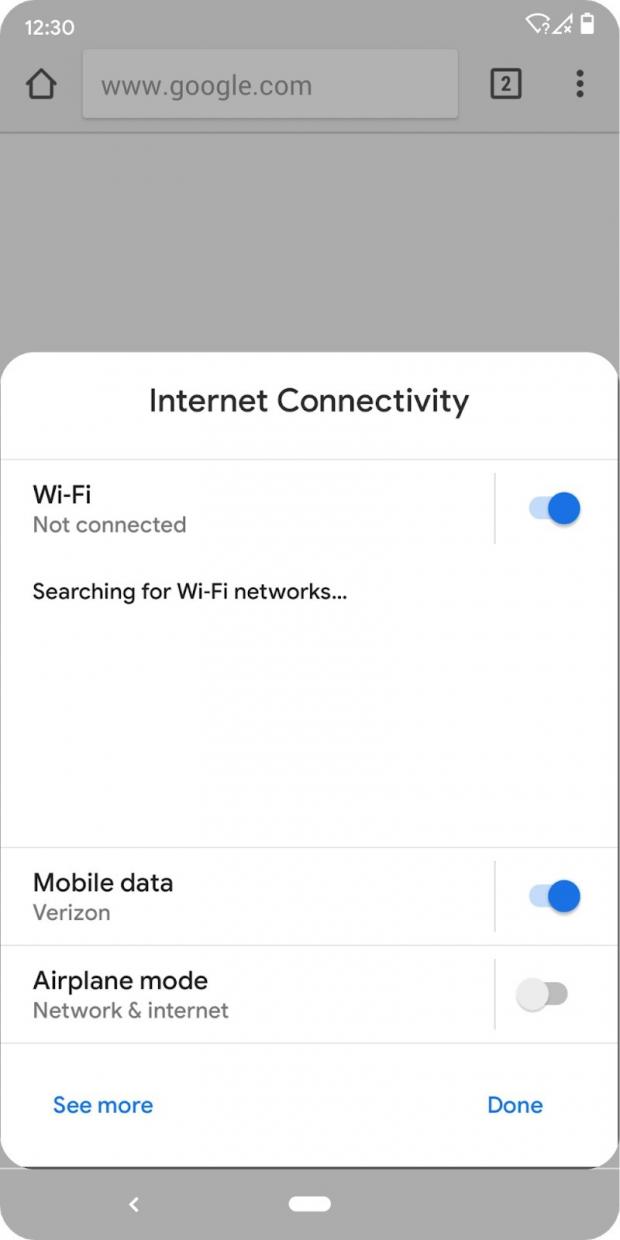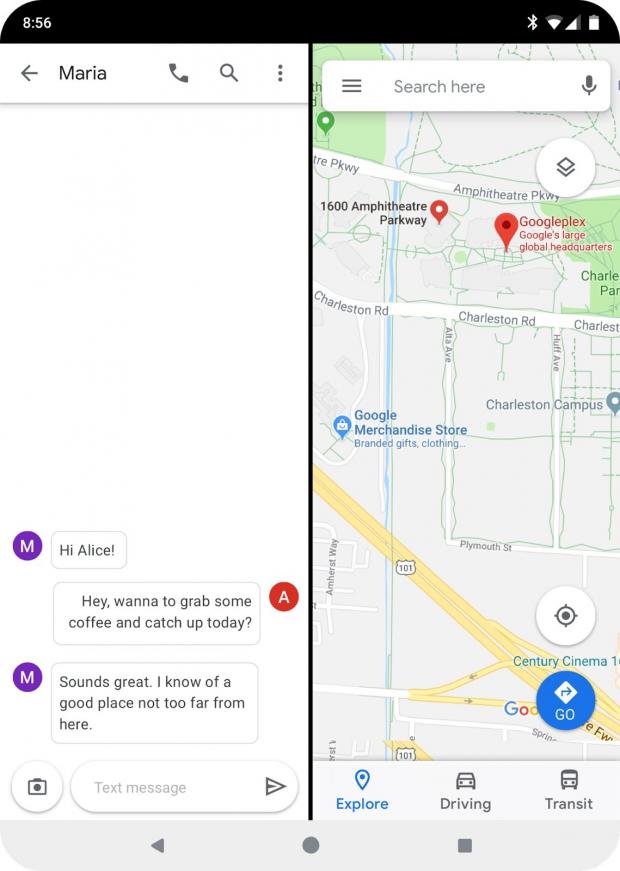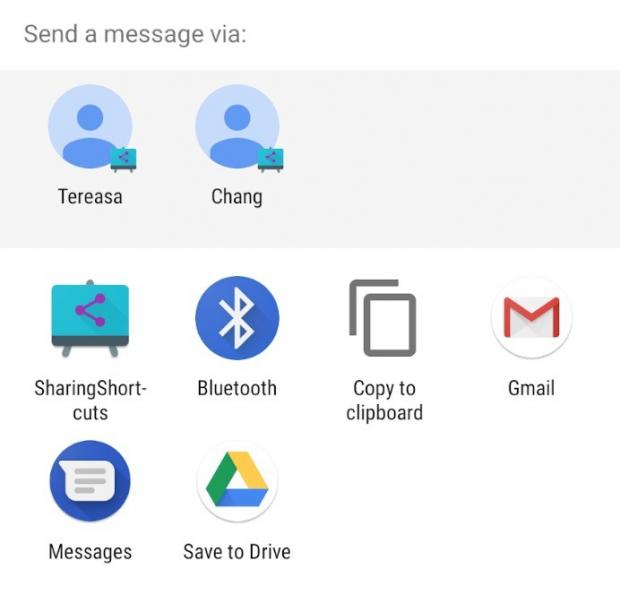Google has released the first beta version of its upcoming Android 10 or Android Q mobile operating system series to give the community an early look at the upcoming features and improvements.
With a strong focus on security and privacy, Android Q promises support for all the latest mobile technologies, including 5G, foldable screens, and edge to edge displays. It also brings faster app startup, new video and audio codecs, Vulkan 1.1 support for gaming, new APIs for connectivity, and enhancements for foldables.
"As the mobile ecosystem evolves, Android is focused on helping users take advantage of the latest innovations, while making sure users' security and privacy are always a top priority," said Dave Burke, VP of Engineering at Google. "Android Q brings a number of additional privacy and security features for users."
Here's what's new in Android Q
As mentioned before, Android Q comes with a focus on privacy and security, so this release promises to give users more control over location permissions for apps (deny, allow only when the app is in use, and allow all the time), as well as more control over apps to allow them to control the access to shared files.
"Users will be able to control apps' access to the Photos and Videos or the Audio collections via new runtime permissions. For Downloads, apps must use the system file picker, which allows the user to decide which Download files the app can access," explained Dave Burke.
Furthermore, Android Q promises to prevent apps from launching an Activity while running in the background, limits access to non-resettable device identifiers like device's serial number and IMEI, and enables the randomization of device's MAC address by default when connected to different Wi-Fi networks.
Aside from the new privacy features, Android Q will add support for the groundbreaking AV1 video codec for stream high quality content with less bandwidth, Opus audio encoding support, HDR10+ support, Vulkan 1.1 support and experimental support for the ANGLE graphics abstraction layer on top of Vulkan for better gaming, and the ability to access key system settings from the context of your app.
Other noteworthy features include dynamic depth format for photos, improved peer-to-peer and internet connectivity, Wi-Fi performance mode, connectivity permissions for Wi-Fi, Bluetooth, and cellular, and a new native MIDI API that allows communication with MIDI devices via NDK (Native Development Kit),
Android Q also introduces faster app startup, TLS 1.3 support for better app security, and new ways for application developers to engage users, such as multi-resume support and the ability to notify the app when it has focus, support for foldable and edge to edge screens, as well as sharing shortcuts to make sharing of files faster and more convenient.
If you're interested in getting an early taste of all these new featurs, you should know that the first Android Q Beta is now rolling out for all supported Pixel devices, including the original Pixel and Pixel XL by popular demand, along with a preview SDK for developers. Enroll your device in the Android Q Beta program to get it.

 14 DAY TRIAL //
14 DAY TRIAL // 








